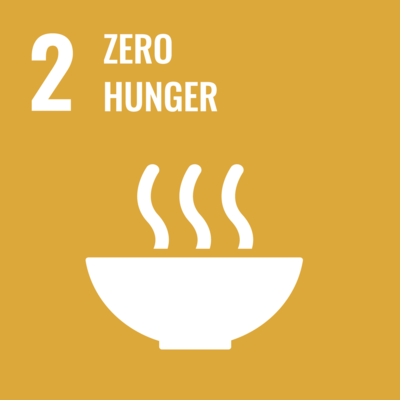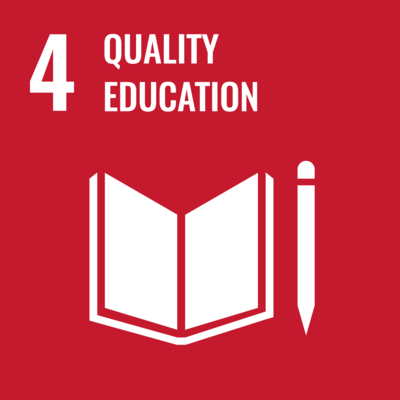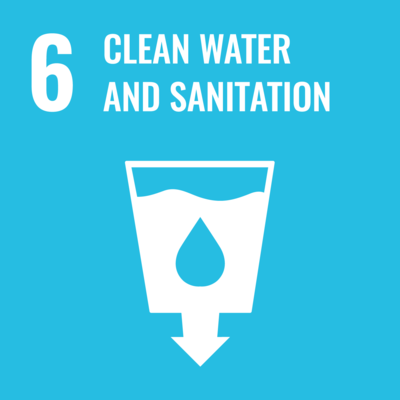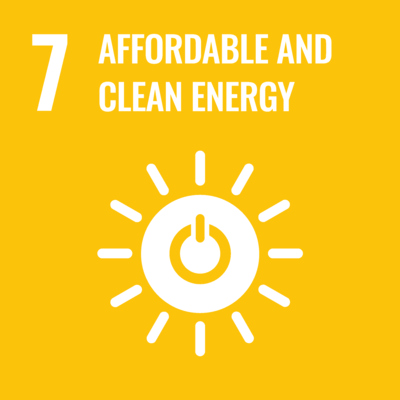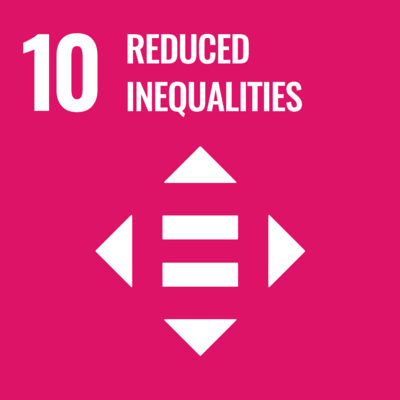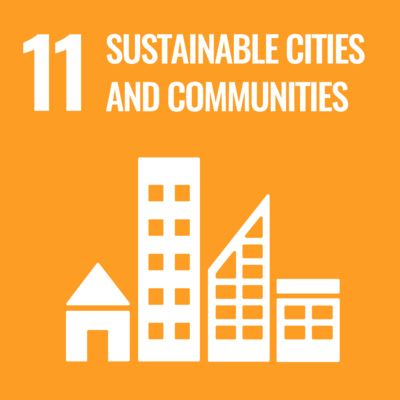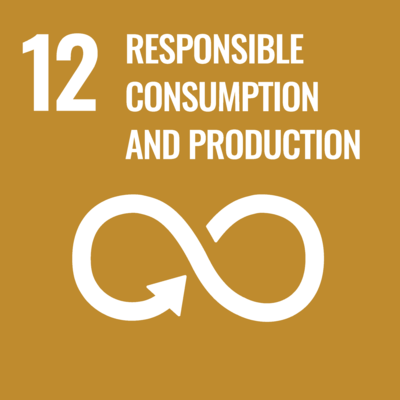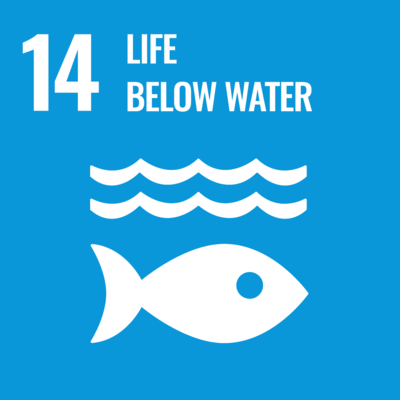SDG 2.2.1 Campus food waste tracking
1. NCUE has implemented stringent control over food waste generation from its two school cafeterias: NCUE has measured and managed the daily food waste of all its two school cafeterias. The statistics show that the average daily food waste generated by the two school cafeterias in 2024 was approximately 0.020 tons, which is lower than the 0.021 tons in 2023. The Daily average food waste generation at NCUE is showed in Table 1.
Table 1. Daily Average Food Waste Generation at NCUE
|
Year |
Daily Average Food Waste Generation |
Reduction in Food Waste Compared to the Previous Year |
|
2024 |
0.020 tons |
0.001 tons |
|
2023 |
0.021 tons |
0.001 tons |
|
2022 |
0.022 tons |
0.003 tons |
|
2021 |
0.025 tons |
- |
Note: The calculation formula is based on the year 2024. Daily Average Food Waste Generation = Annual Food Waste/Total Working Days in a Year (5 days a week × 52 weeks). 5.2 tons/260 days = 5,200 kilograms/260 days = 20 kilograms per day = 0.020 tons
2. NCUE has implemented a food waste reduction policy to prevent food waste:
(1) NCUE's food waste reduction policies:
(a) Promoting nutrition education and food appreciation, encouraging students to take only how much they can eat, not to be picky with food, and not to leave leftovers.
(b) Requesting vendors to assess the number of diners for food preparation.
(c) Monitoring food waste conditions and adjusting menus accordingly.
(d) Implementing time-limited promotional offers to reduce food leftovers. For details on the school cafeteria's promotional measures, please refer to Annex 2.2.1A.
(2) NCUE has implemented appropriate classification management for the daily food waste generated by the two school cafeterias, with food waste collection bins installed in both school cafeterias. Dedicated custodial staff conduct daily food waste collection, and appointed contractors regularly collect food waste for effective resource recovery and reuse. The approaches and strategies for reducing food waste are as follows:
(a) To efficiently utilize ingredients, NCUE has implemented a standardized meal preparation process and reduced the portion size of each meal. This ensures that teachers and students can finish their meals completely, avoiding food waste. (Figure 1)
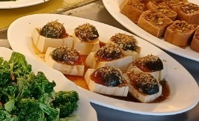
Figure 1: Delicious and Healthy Small-portion Meals in the NCUE Cafeterias
(b) NCUE has established rules for ingredient procurement and management, enabling standardized operating procedures for ingredient purchasing, processing, and inventory management to precisely control the inventory and freshness of all types of ingredients for effective utilization. For example, when there are near-expiry ingredients, NCUE promotes approaches such as light meal lunch boxes or budget-friendly lunch boxes to attract teachers and students. This not only ensures effective utilization of ingredients but also provides teachers and students with affordable and nutritious food, reducing their economic burden.
Annex: 2.2.1A: Relevant Results for School Cafeteria Discount Measures.


